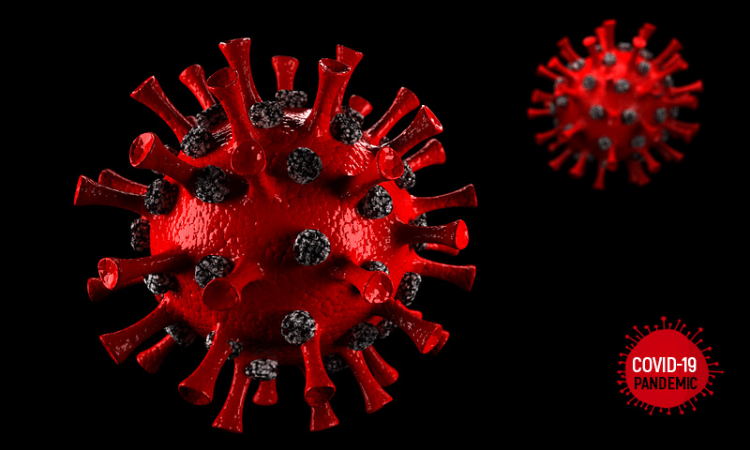"How can a writ court decide whether allopathy treatment will work or whether ayurvedic treatment will work while treating a patient infected with COVID-19," the Karnataka High Court observed on Thursday while hearing a public interest litigation filed by two qualified practitioners of Ayurveda. The petitioners A. Varghese, (66) and Dr. Priyanka Arora, have sought to quash the...

